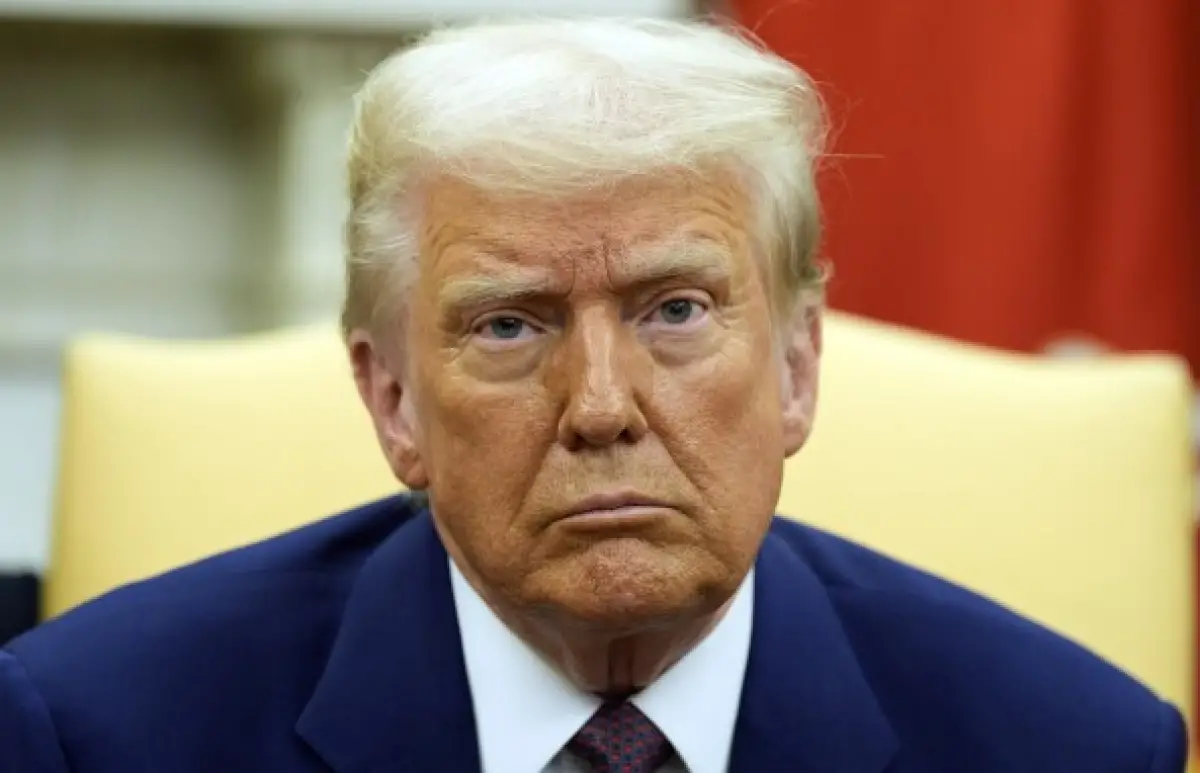March 24, 2025 — Washington, D.C. — In a sweeping move to reform national security practices, President Donald Trump has revoked the security clearances of several high-profile former government officials, citing the need to protect sensitive information and prevent unauthorized access to classified materials. This decision represents a historic shift in national security protocol and has already triggered intense debate across political lines.
A Bold Break from Tradition
Announced via an official White House memorandum, the directive orders all executive departments and agencies to immediately revoke active security clearances held by specific individuals from the prior administration. Among the most notable are former Secretaries of State, top Department of Justice officials, and members of the intelligence community.
In a related decision earlier this year, former President Joe Biden’s clearance was also revoked, signaling a clear departure from past traditions where senior officials retained limited classified access after leaving office for advisory purposes.
Protecting National Security or Politicizing Clearances?
President Trump emphasized that individuals with access to classified materials must demonstrate the highest standards of integrity and judgment. He argued that retaining clearances for former officials, particularly those showing signs of cognitive decline or compromised judgment, could pose serious national security risks.
White House Press Secretary Karoline Leavitt defended the decision, stating: “This action is about ensuring the integrity of classified materials and safeguarding our national interest. It has nothing to do with political affiliations.”
Mixed Reactions from Experts and Politicians
Supporters of the move believe it sends a strong message that national security is non-negotiable. They argue that only those who are actively serving in a vetted, secure capacity should have clearance to access sensitive information.
Critics, however, are sounding alarms. Some former officials and intelligence analysts suggest that this is a politicization of the clearance process—a break from bipartisan norms that could chill future collaboration between administrations. Office of the Director of National Intelligence has not yet commented on the long-term implications for advisory continuity or intelligence integrity.
The Cybersecurity Angle
With cyber threats and digital espionage becoming key battlegrounds in modern intelligence, the decision highlights a growing concern: Who controls access to digital classified data? Trump’s administration believes tightening access is necessary to avoid leaks and ensure only current, trusted personnel have sensitive clearance.
Potential Legal and Legislative Fallout
Analysts predict potential legal challenges from those impacted. Questions about the president’s authority in revoking security access, especially when not linked to misconduct, could escalate to the courts. Lawmakers may also push for legislation to create more oversight and transparency in clearance revocations to prevent future misuse.
A Call for Reform?
This decision may serve as a catalyst for modernizing the security clearance process in the digital age. Proposed reforms could include:
- Real-time clearance audits for inactive officials
- Periodic evaluations of clearance holders’ eligibility
- Independent panels to review revocations and appeals
While controversial, the action underscores a critical debate about balancing security and institutional continuity. In Trump’s words, the goal is clear: “Only those fully committed to safeguarding the nation should hold access to its most sensitive information.”

